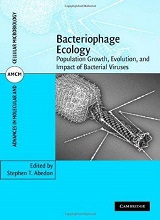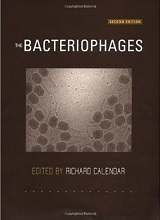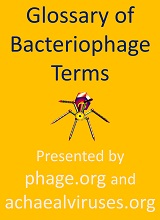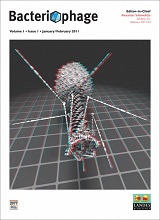
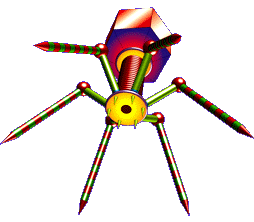
Energy cannot be converted from one form to another with 100% efficiency.
Generally this means that no matter how much energy theoretically can be extracted from something, and indeed can actually be extracted, not all of that energy will end up being converted to a desired form. For example, in converting an energy source to ATP, i.e., as via catabolic reactions, the energy that may be released via ATP hydrolysis will be less than the energy that was originally available in the energy source. Where does the "missing" energy go? Generally it is lost to the environment as waste heat.
See also the first law of thermodynamics as well as thermodynamics more generally.
For more on this topic, see Wikipedia and Google. Contact web master. Return to home.




